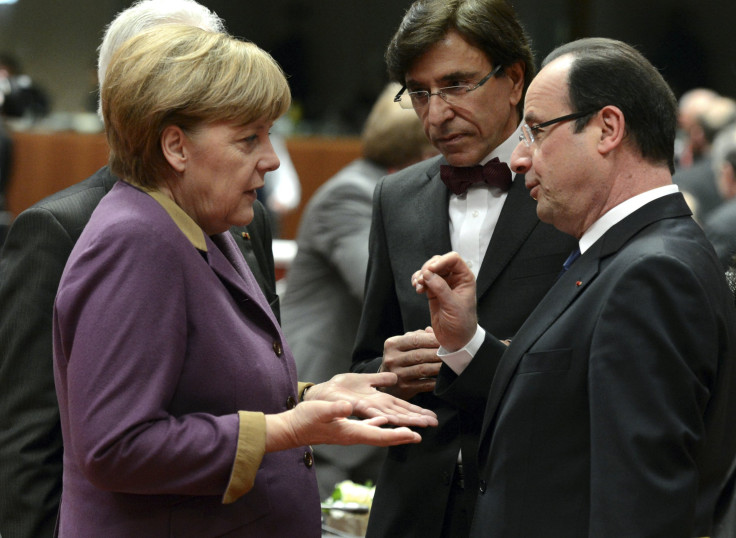Is Europe Scrapping Its Proposed Financial Transaction Tax? It's Certainly Watered Down

European countries plan to slash a proposed tax on financial transactions, lessening the levy to a tiny charge on share deals only.
Reuters said Thursday that the tax, originally championed by Germany and France, has been largely defanged after banks and trading groups lobbied fervently against the plan to make them pay for some of what caused the financial crisis.
The proposal was met with dismay in London, Europe’s banking hub. The Economist, in an article tellingly entitled “Oops,” called the plan “ill-thought-out.” Prime Minister David Cameron defended the financial sector, saying, "It is not just an industry that serves Britain but serves Europe” and urged the European Union to scrap it.
"It should not surprise pepole that the EU has had to scale back on the latest financial transaction tax proposal," Sandy Bhogal, head of tax at the law firm Mayer Brown International, said in a note. "Whilst it may be argued that any proposal would have been subject to criticism by the financial services sector, it is the potential macro-economic impact of the proposals which caused the greatest concern."
Now, the redesigned tax will raise only about one-tenth of what was once the goal.
Brussels had hoped the levy would raise up to 35 billion euros, or $45 billion, each year. However, the latest model estimates that the standard rate for trading bonds and shares could drop to as low as 0.01 percent of the value. The original blueprint estimated 0.1 percent.
© Copyright IBTimes 2024. All rights reserved.





















